
Aerial photo taken on Sept. 15, 2020 shows Memet Gheni and his coworker Duan Yuanjie catching crabs on Lop Lake in Yuli County of Mongolian Autonomous Prefecture of Bayingolin, northwest China's Xinjiang Uygur Autonomous Region. Memet Gheni, a 28-year-old farmer who used to plant cotton, was recommended to work at a fish farm of Lop Lake by his friends in March this year. Lop Lake is a natural lake located in northeast Taklimakan Desert. Over the past years, the production of fish and crabs kept increasing as Lop Lake's surrounding eco-system improved. Having been working at the fish farm for half a year, Memet Gheni has become a skillful crab catcher. His annual income is expected to reach nearly 100,000 yuan (about 14,750 U.S. dollars) from crab-catching and farmland circulation. Now he has a new aim: to buy a car and have a road trip with his family in near future. (Xinhua/Zhao Ge)

Memet Gheni (L) and his coworker Duan Yuanjie take a break at Lop Lake in Yuli County of Mongolian Autonomous Prefecture of Bayingolin, northwest China's Xinjiang Uygur Autonomous Region, Sept. 14, 2020. Memet Gheni, a 28-year-old farmer who used to plant cotton, was recommended to work at a fish farm of Lop Lake by his friends in March this year. Lop Lake is a natural lake located in northeast Taklimakan Desert. Over the past years, the production of fish and crabs kept increasing as Lop Lake's surrounding eco-system improved. Having been working at the fish farm for half a year, Memet Gheni has become a skillful crab catcher. His annual income is expected to reach nearly 100,000 yuan (about 14,750 U.S. dollars) from crab-catching and farmland circulation. Now he has a new aim: to buy a car and have a road trip with his family in near future. (Xinhua/Zhao Ge)

Memet Gheni (R) transfers crabs to a shed and covers them with wet quilts to keep them alive in Yuli County of Mongolian Autonomous Prefecture of Bayingolin, northwest China's Xinjiang Uygur Autonomous Region, Sept. 16, 2020. Memet Gheni, a 28-year-old farmer who used to plant cotton, was recommended to work at a fish farm of Lop Lake by his friends in March this year. Lop Lake is a natural lake located in northeast Taklimakan Desert. Over the past years, the production of fish and crabs kept increasing as Lop Lake's surrounding eco-system improved. Having been working at the fish farm for half a year, Memet Gheni has become a skillful crab catcher. His annual income is expected to reach nearly 100,000 yuan (about 14,750 U.S. dollars) from crab-catching and farmland circulation. Now he has a new aim: to buy a car and have a road trip with his family in near future. (Xinhua/Zhao Ge)

Memet Gheni carries crabs purchased by tourists in Yuli County of Mongolian Autonomous Prefecture of Bayingolin, northwest China's Xinjiang Uygur Autonomous Region, Sept. 16, 2020. Memet Gheni, a 28-year-old farmer who used to plant cotton, was recommended to work at a fish farm of Lop Lake by his friends in March this year. Lop Lake is a natural lake located in northeast Taklimakan Desert. Over the past years, the production of fish and crabs kept increasing as Lop Lake's surrounding eco-system improved. Having been working at the fish farm for half a year, Memet Gheni has become a skillful crab catcher. His annual income is expected to reach nearly 100,000 yuan (about 14,750 U.S. dollars) from crab-catching and farmland circulation. Now he has a new aim: to buy a car and have a road trip with his family in near future. (Xinhua/Zhao Ge)

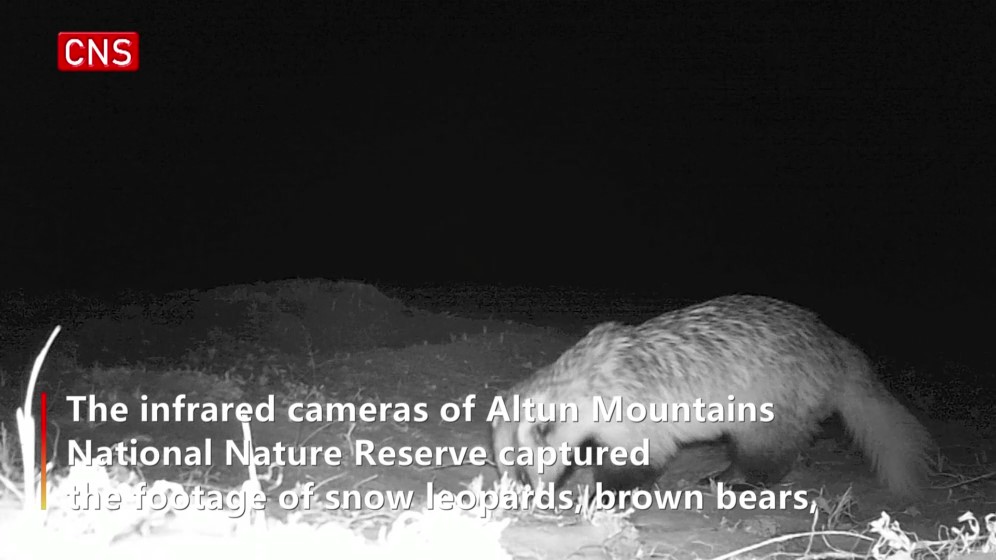
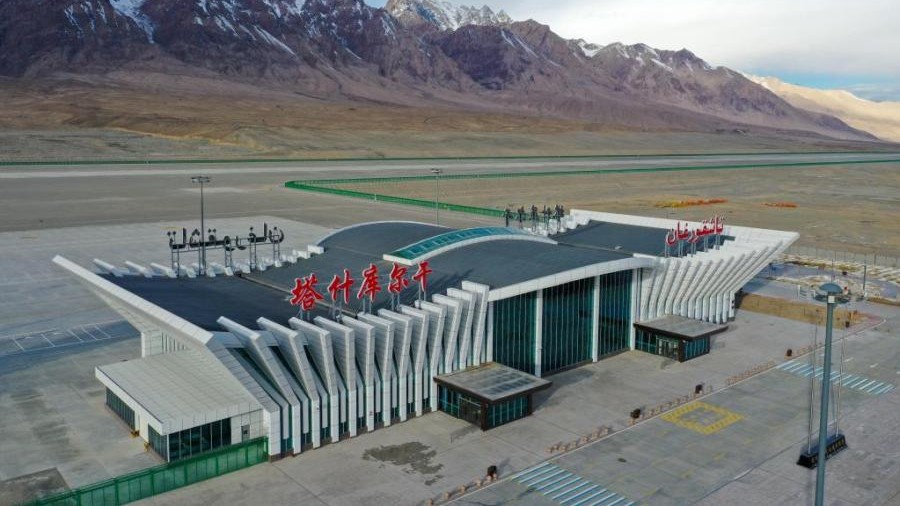

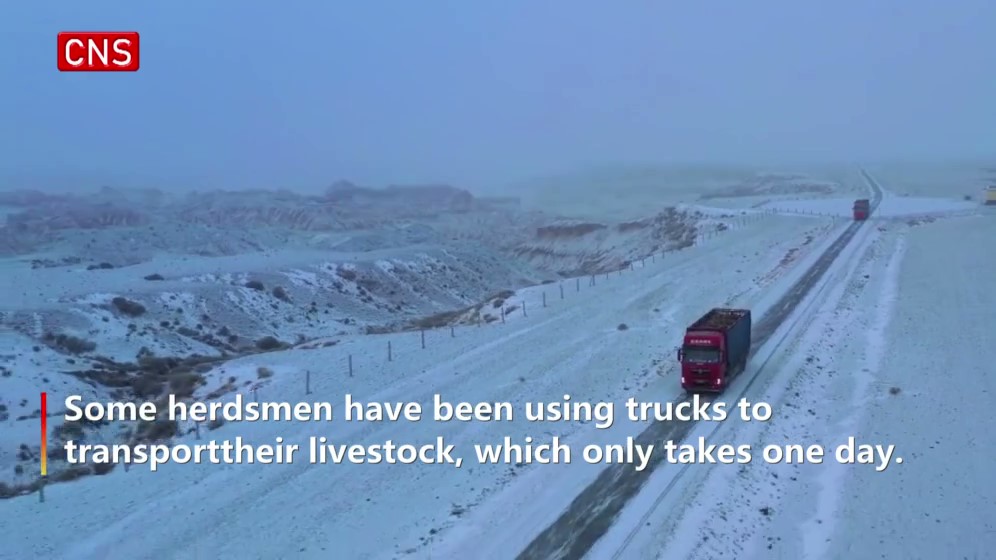
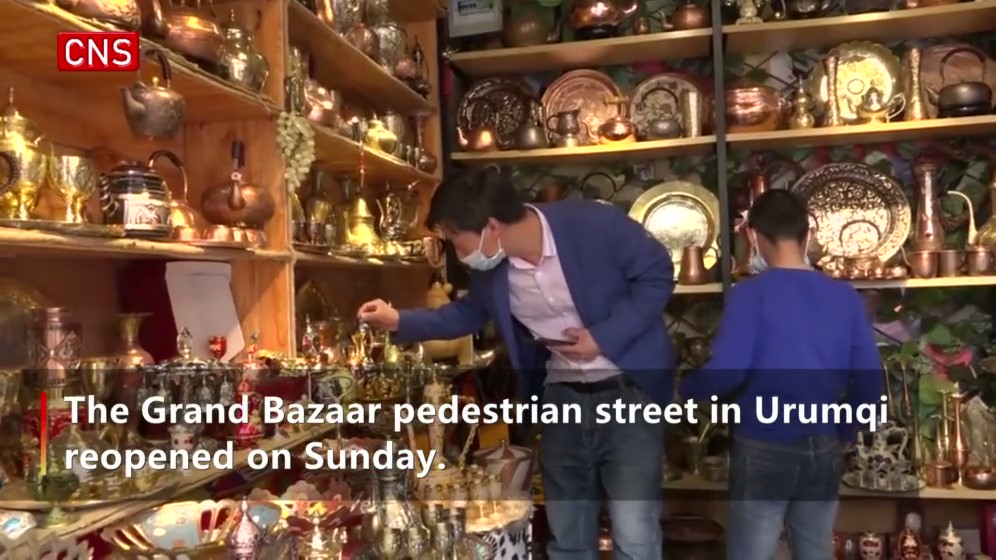
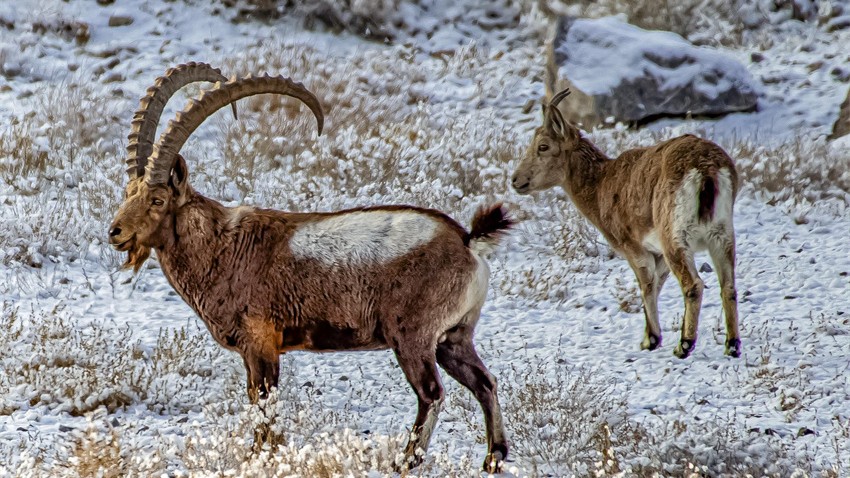
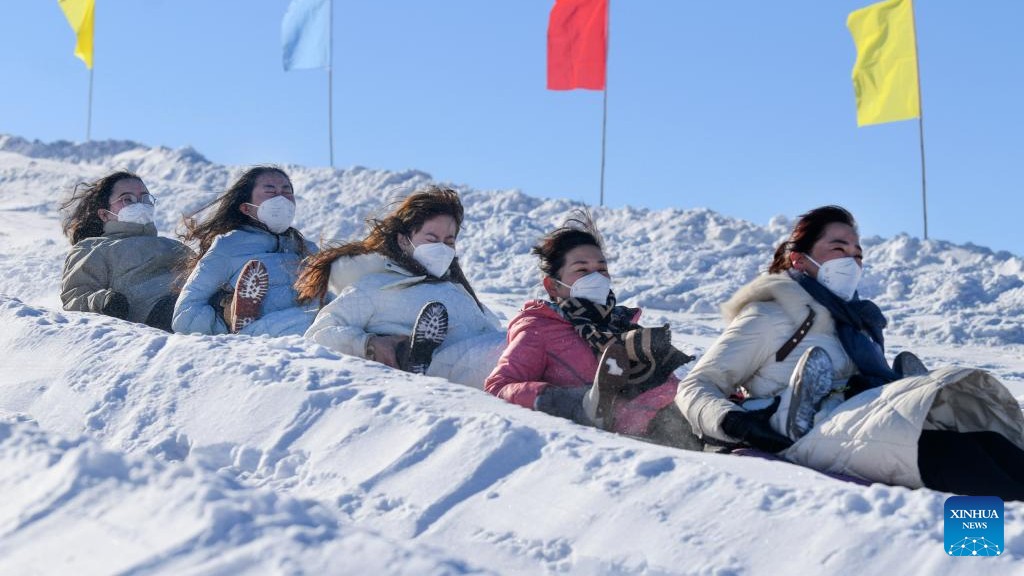


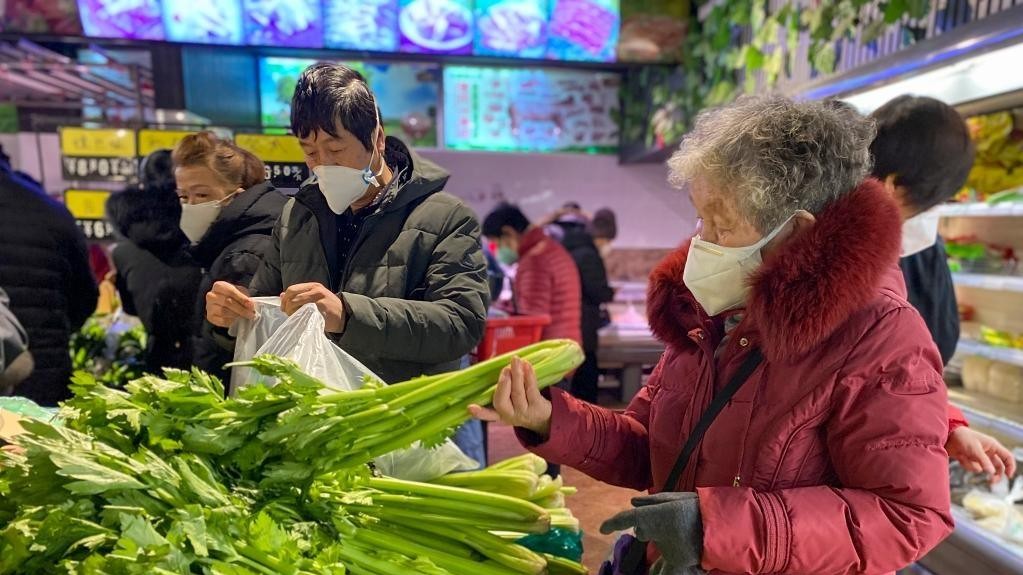


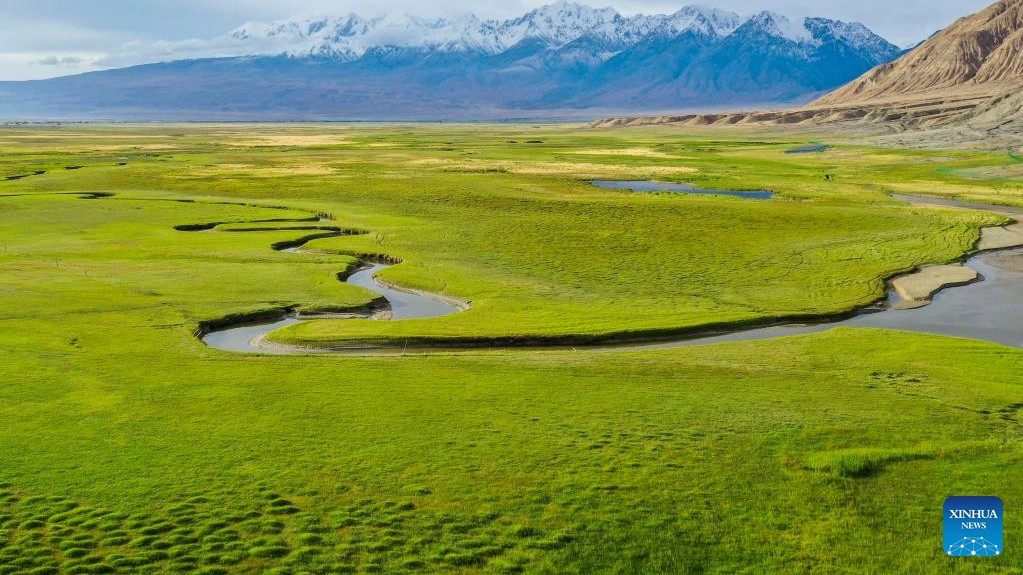
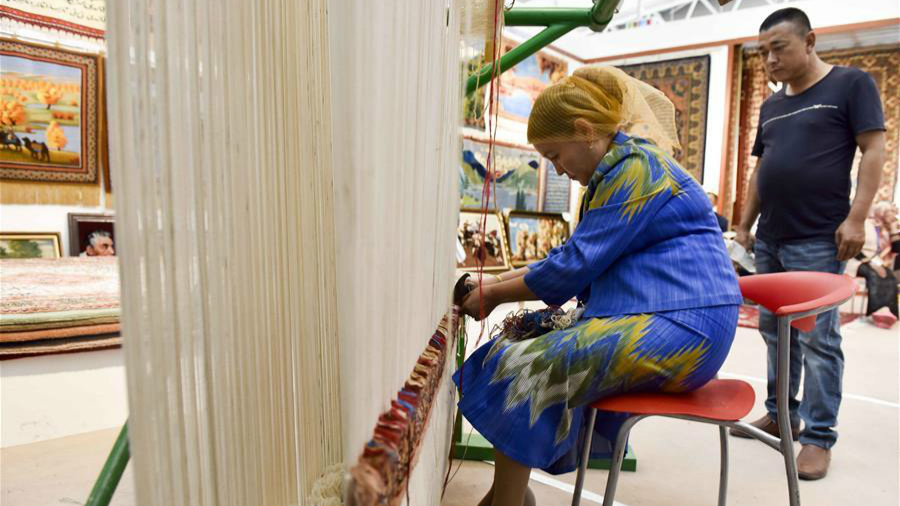
.jpg)


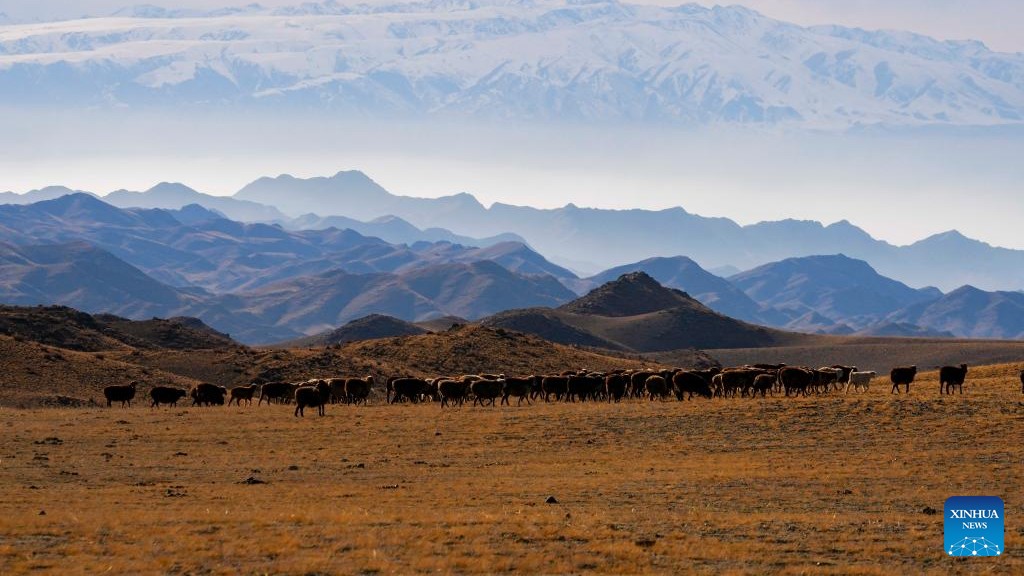


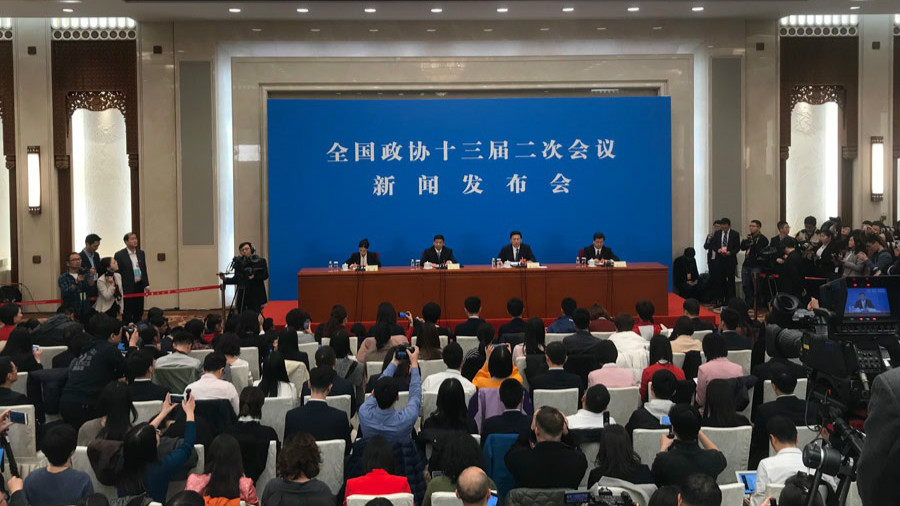
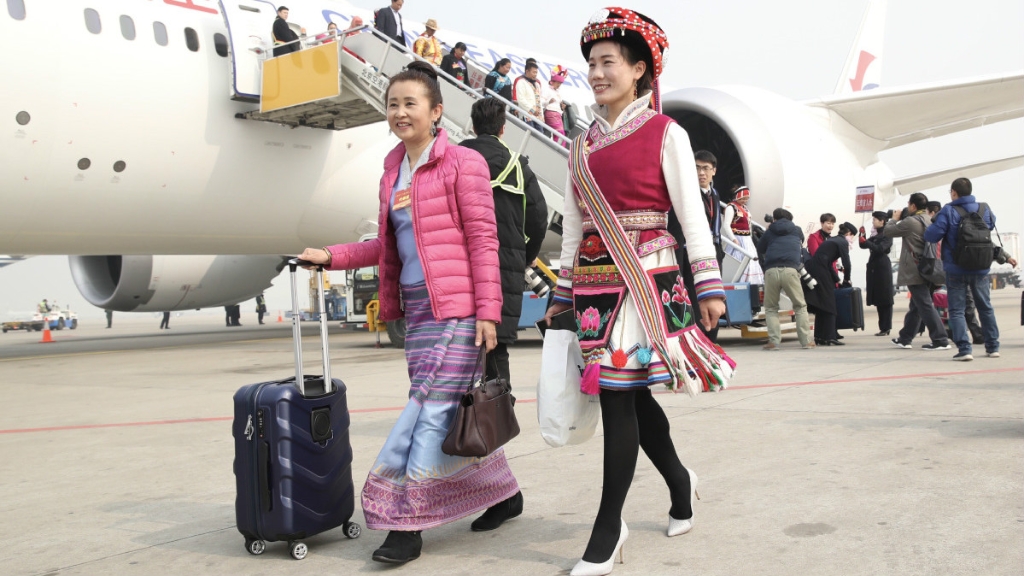


.jpg)


